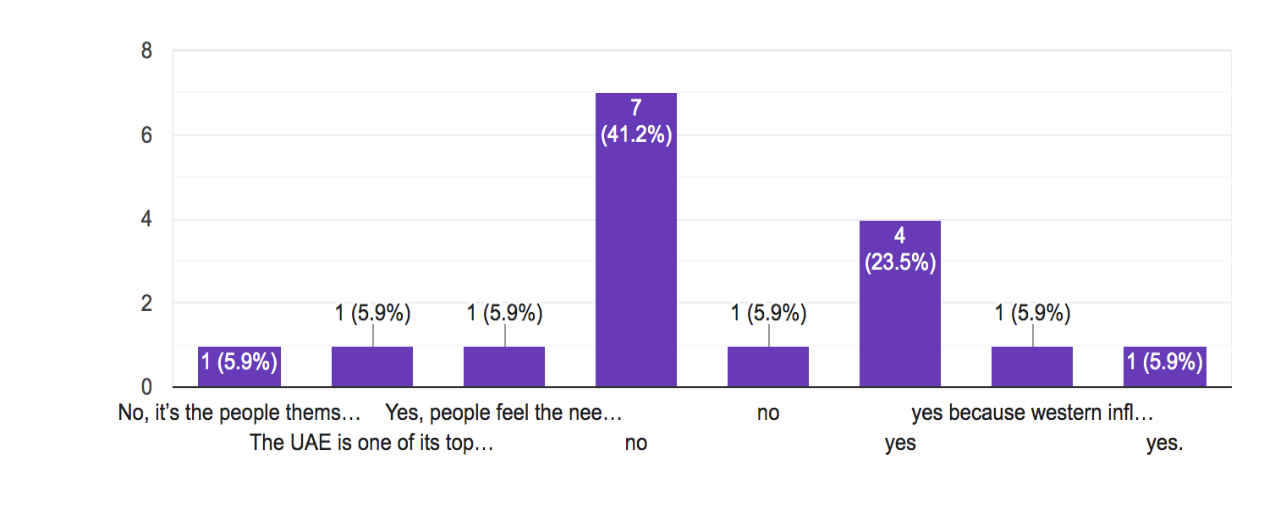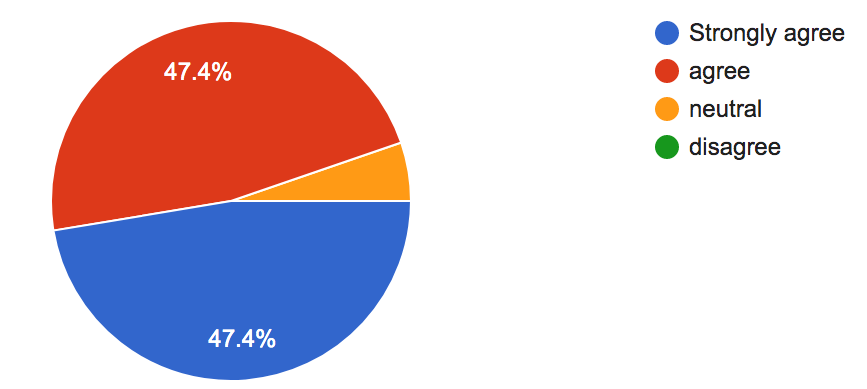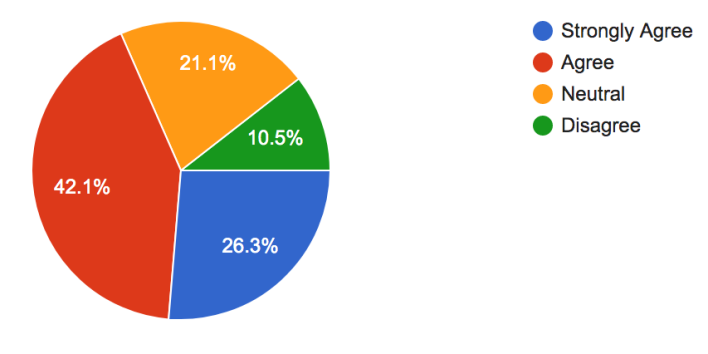Introduction
Globalization has brought about the integration of societies. Relative to its social dimension, globalization has impacted social relationships, traditions, and education through the acculturation of individuals from different parts of the world. In some countries, such as the United Arab Emirates (UAE), globalization has led to the migration of people from other countries, and consequently, the country is populated by more expatriates than the Emiratis, that is, the local inhabitants (United Arab Emirates, 2019).
Expatriates’ presence and influence have created a cultural diversity that might be overwhelming for the locals’ sense of identity. This has led to the rise of perceptions of “cultural contamination” due to exposure to different ways of doing things. For instance, the UAE was the first country in the Middle East to provide education to women. Moreover, the educational curriculum is being taught in English (Moore-Jones, 2017).
Main Body
Notably, multiculturalism has also benefited the country in several ways. For instance, it has led to economic development. The UAE is no longer regarded as a traditional country having numerous small local shops, but rather as a modern society with large shopping malls, multicultural restaurants, Western niche brands, hence reshaping the traditional UAE consumer (Moore-Jones, 2017). Secondly, it has helped reduce social stratification by reshaping the mindset of the Emiratis towards individuals from certain races (Moore-Jones, 2017). Therefore, since it is evident that multiculturalism has altered social relationships in the UAE, there is a need to evaluate the influence of cultural diversity on local traditions, education, and social relationships from the Emiratis’ perspective.
Consequently, this study aims to investigate the effect of globalization and multiculturalism on local traditions and culture in the UAE. This allowed for the determination of the eligibility of the two different schools of thought.
Materials and Methods
Sample
The study was conducted in Dubai in September 2019. Dubai was selected as it is one of the major cities in the UAE, containing a myriad of cultures. Participants aged between 18-30 years were recruited from the university’s faculty members and students through an email circulation (n=19). This age group was selected as youth are often perceived to be at risk of losing their national identity to pressures of multiculturalism. Furthermore, the study focused on males as Arab Muslim females are not given the independence to interact with others as men. Convenience and judgment sampling techniques were used since the research only targeted Emirati citizens. Surveys were distributed to the participants via their emails and sent back upon completion.
Ethical Clearance
Ethical approval of the research protocol was obtained from the university’s Institutional Review Board (IRB). The participants gave written informed consent forms to implicate their voluntary participation.
“I am a student pursuing a …. at …..
Multiculturalism in the UAE is a novel area in social sciences, and further analysis on how it impacts Emiratis is required. Your valuable contribution will assist me in completion of my studies in addition to building a knowledge base on the effect of multiculturalism in society as a whole. The information supplied is strictly confidential and the research is only intended for academic purposes.”
Questions
The 4-item questionnaire with open and close-ended questions was used. The questions comprised:
- Does a diverse society play a role in making the UAE forget its own culture and traditions?
- What do you think of international restaurants like McDonald’s or Sumo Sushi?
- Do you think you can learn from other cultures? Like how to be more kind?
- Does living in a multicultural society affect you?
Results
Influence of Culture Diversity on the Local Culture and Traditions
Figure 1 shows that 41.2% of the respondents believed that a diverse society does not play a role in making the UAE forget its local culture and traditions. On the other hand, 23.5% admitted that western culture influences their local culture.

Impact of Different Cultures on Food Habits
The second question posed to the respondents was what they perceived of international restaurants, such as McDonald’s and Sumo Sushi. They gave an array of responses:


Positive Impact of Cultural Diversity on Behavior
Figure 3 illustrates that 47.4% of the respondents strongly agreed and 47.4% agreed that local inhabitants can learn positive behavioral attributes from other cultures, such as being kind. None of the respondents disagreed.

Influence of Cultural Diversity on an Individual as a Whole
Figure 4 shows that the majority of the respondents, that is, 42.1% agreed that living in a multicultural society has affected them, while 10.5% disagreed.

Discussion
The research notes that although a higher proportion of the respondents denied the influence of cultural diversity on the local tradition and culture, a substantial percentage agreed that diversity impacted their eating habits, behavior, and themselves as distinct individuals.
The higher percentage of “No” suggests that cultural diversity does not have an impact on local culture and traditions. This might be attributed to the fact that Emiratis are known to culturally isolate themselves from individuals from other cultures due to the gap in language and customs (Ledstrap, 2016). However, this is contrary to the results of several other studies measuring the influence of multiculturalism on local traditions. Hills and Atkins (2013), found that local inhabitants regarded themselves to be more deviant from their culture and traditions than from western culture.
Based on the array of responses presented, the respondents were positive about the establishment of multicultural restaurants and fast-food chains, such as McDonald’s and Sumo Sushi. Shah, Loney, Al dhaheri and Vatanparast (2015) found a relationship between acculturation and eating habits. Furthermore, the findings suggested that cultural diversity affects them as individuals and positively impacts their behavior, with reference to being kind. Culture affects behavior by influencing how individuals think, react, and craft their life views (Cronk, 2016). In a multicultural society, both groups, that is, expatriates and locals, interact, and this leads to the exchange of cultures. Therefore, in the event of interacting with immigrants, Emiratis acquire some of immigrants’ behavior, hence changing their personalities as distinct individuals.
The items used were derived from cultural descriptors in literature. Therefore, there is a probability that some essential beliefs and attitudes might not have been included. Consequently, further emphasis should be given to validating the questionnaire against other approaches.
Conclusions
The study has demonstrated that Emiratis hold on to their traditions despite having been influenced by cultural diversity relative to their eating habits and personal behaviors. This illustrates the strength and resilience of the Emiratis culture amidst globalization.
Reflections
The main strength of the study is that the researcher was absent while the respondents were filling in the questionnaires; therefore, the burden of socially desirable responses was extremely low to non-existent. However, it also had its limitations. Small sample size was used, and this affected the generalizability of the results. Based on the findings, further studies should be conducted to answer the following research question: How are Emiratis are able to successfully retain their local traditions and culture amidst overwhelming multiculturalism?
References
- Cronk, L. (2016). Culture’s influence on behavior: Steps toward a theory. Evolutionary Behavioral Sciences, 11(1), 36-52. doi:10.1037/ebs0000069
- Hills, R. C., & Atkins, P. W. (2013). Cultural identity and convergence on Western attitudes and beliefs in the United Arab Emirates. International Journal of Cross-Cultural Management, 13(2), 193-213. doi:10.1177/1470595813485380
- Ledstrap, M. (2016). Emirati identity and social interaction in the Emirate of Ras Al Khaimah. Web.
- Moore-Jones, P.J. (2017). Social Stratification in Dubai and its effects on Emirati students and multicultural faculty members in higher education. Journal of Humanities and Cultural Studies R& D, 2(3), 1-18.
- Shah, S., Loney, T., Al dhaheri, S., & Vatanparast, H. (2015). Association between acculturation, obesity, and cardiovascular risk factors among male South Asian migrants in the United Arab Emirates – A cross-sectional study. BMC Public Health, 15(1), 1568. doi:10.1186/s12889-015-1568-x
- United Arab Emirates. (2019). Population and demographic mix.